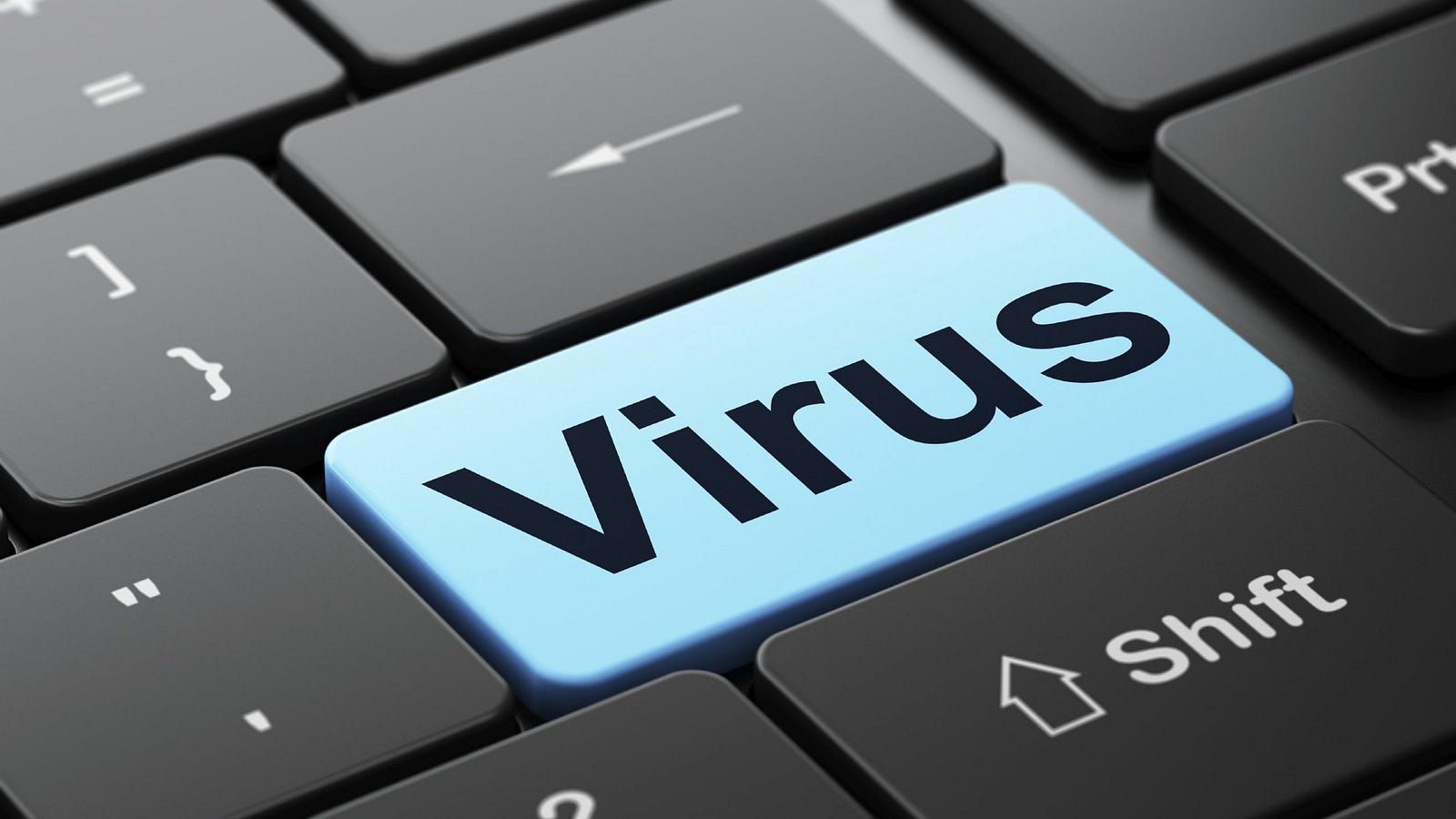This is a kind of virus that hides on your computer’s RAM, controlling and intercepting operations completed using the machine. Those are often used to capture passwords and credit card numbers and might corrupt documents and packages.
Direct Action Viruses

The principal goal of those viruses is to copy themselves and take specific action when they’re run. When a pre-defined condition is met, the virus will spring into action and reflect itself. These viruses typically attach themselves to different documents in your computer, so when the file is administered – the virus is activated. Files inflamed with this type of virus can typically be fixed using anti-virus software.
Overwrite Viruses
When this form of virus infects a document, it deletes all of the data contained inside that file and then copies itself into it. In different words, these will gut your files and then wear their garments. Files infected with this kind of virus come to be useless and can’t be
recovered without restoring a previous backup.
Boot Viruses
This form of virus infects the boot region of your disk drives. The boot quarter is a part of the disk that stores primary system information and starts your computer. These viruses are then loaded on boot-up. Please be aware that this type of virus does not affect files. The exceptional manner to avoid boot viruses is to write-shield your floppy disks and in no way start your pc with an unknown floppy disk in the pressure. Most antivirus packages can detect and do away with those.
Macro Viruses
Certain programs like Microsoft Word, Excel, Access, and Powerpoint can use small ‘helper’ packages to extend their capability and automate repetitive responsibilities. These ‘helper’ packages are called macros and scripts and are stored within the document files in place of the primary software. A macro virus is honestly an epidemic that hides out in these documents and waits to open them with their respective packages – which then run the virus.
File Infectors

This sort of virus infects programs and/or executable documents. Each time any such program runs, the virus is activated; most people of current viruses belong to this category and are classified depending on the moves that they perform. Think of these viruses as stowaways on your computer’s documents.
Choosing an Antivirus Software
Antivirus software is one of the maximum vital things you must-have for your gadget. Many PC’s include this software program pre-established; however, you must take some moments to get yourself up to speed with it. There are many available antivirus programs presently available on the market. Here, I’ve compiled some of the nice retail and unfastened antivirus answers for you.
McAfee Antivirus (Retail) – McAfee provides a first-rate antivirus answer. This US-based organization is maybe the oldest antivirus development organization within the world, and in this region, revel in is king, especially whilst you’re dealing with excessive-tech menaces.
Norton Antivirus (Retail) – Norton Antivirus, usually known as Symantec Antivirus, is one of the first-rate antivirus answers available, even though it is also one of the “heaviest,” which means your system can also run slower after installing it, especially if you have not upgraded lately.
Avast Antivirus (Free!) – Avast Antivirus is a lightweight and unfastened (for home use) solution. They are a more modern business enterprise but have gained an awful lot of ground because their software is unfastened and clean to use.

AVG (Free!) – Much like Avast, AVG is a light, easy-to-manage antivirus package, automatically updated, and provides perhaps the pleasant guard protection you may need, without even noticing its presence.

